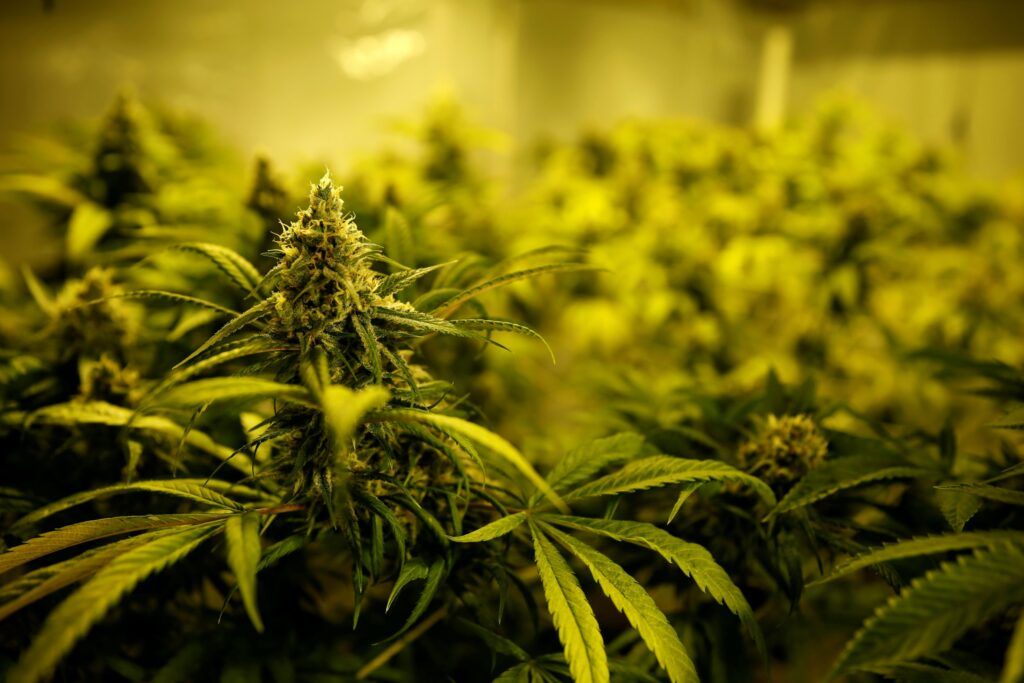Introduction
Hemp, a versatile and sustainable plant, has experienced a resurgence in recent years. This comprehensive guide explores the hemp resurgence, its historical significance, the reasons behind its comeback, and the various applications and benefits of hemp in today’s world.
Understanding Hemp
Hemp, scientifically known as Cannabis sativa, is a plant that has been cultivated for thousands of years. It is one of the oldest domesticated crops and has played a vital role in various civilizations throughout history. Hemp is known for its strong fibers, nutritious seeds, and potential medicinal properties.
Historical Significance
Hemp has a rich history that dates back to ancient times. It was widely used for making textiles, ropes, and paper in civilizations such as ancient China, Egypt, and Mesopotamia. In the United States, hemp played a crucial role in the early colonial period and was even used as legal tender in some states. However, its cultivation faced restrictions and challenges in the 20th century due to misconceptions and regulatory changes.
The Hemp Resurgence
In recent years, there has been a notable resurgence of interest in hemp cultivation and its various applications. This resurgence can be attributed to several factors:
a) Legalization
The passage of the 2018 Farm Bill in the United States legalized the cultivation and commercialization of hemp at the federal level. This change in legislation opened up opportunities for farmers, entrepreneurs, and researchers to explore the potential of hemp.
b) Economic Potential
Hemp offers numerous economic opportunities. Its fibers can be used for sustainable textiles and construction materials. Hemp seeds are nutritious and can be utilized in food products and supplements. Additionally, hemp-derived CBD has gained popularity in the wellness industry.
c) Environmental Sustainability
Hemp is considered an eco-friendly crop. It requires less water and fewer pesticides compared to other crops. Hemp cultivation can also improve soil health, reduce soil erosion, and sequester carbon dioxide. The environmental benefits of hemp have contributed to its resurgence as a sustainable option.
d) Health and Wellness
Hemp-derived CBD has gained significant attention for its potential health benefits. CBD is believed to have anti-inflammatory, analgesic, and anxiolytic properties. As people seek natural alternatives for health and wellness, CBD has become a popular choice.
Applications and Benefits of Hemp
The resurgence of hemp has led to the exploration of its various applications and benefits:
a) Fiber and Textiles
Hemp fibers are strong, durable, and versatile. They can be used to make textiles, clothing, ropes, and even biodegradable plastics. Hemp textiles are breathable, hypoallergenic, and have antimicrobial properties.
b) Building Materials
Hemp fibers can be used to create sustainable building materials such as hempcrete, a bio-composite material used in construction. Hempcrete is lightweight, fire-resistant, and has excellent thermal and acoustic insulation properties.
c) Nutritious Seeds
Hemp seeds are rich in protein, healthy fats, fiber, and various essential nutrients. They can be consumed raw, roasted, or ground into powder. Hemp seeds are a valuable addition to a balanced diet and can be used in smoothies, salads, granola bars, and other recipes.
d) Hemp Oil and CBD
Hemp seeds can be cold-pressed to produce hemp oil, which is rich in omega-3 and omega-6 fatty acids. Hemp oil is used in cooking, skincare products, and dietary supplements. CBD, derived from hemp, has gained popularity for its potential therapeutic effects and is used in oils, tinctures, topicals, and more.
e) Environmental Benefits
Hemp cultivation has numerous environmental benefits. It requires less water than many other crops, helping conserve water resources. Hemp plants have deep roots that help prevent soil erosion and improve soil structure. Additionally, hemp cultivation can contribute to carbon sequestration and reduce greenhouse gas emissions.
Challenges and Considerations
While the hemp resurgence brings many opportunities, there are also challenges and considerations to be aware of:
a) Regulatory Landscape
Despite the legalization of hemp cultivation, regulations and restrictions still exist. Different countries and regions have varying regulations regarding hemp cultivation, extraction, and the use of CBD. It is important to understand and comply with local laws.
b) Quality Control
Due to the growing popularity of hemp and CBD products, quality control is crucial. It is important to choose reputable suppliers and manufacturers who follow good manufacturing practices and provide third-party testing certificates for their products.
c) Research and Education
Further research and education are needed to unlock the full potential of hemp and its various applications. Continued scientific studies, collaborations, and sharing of knowledge will contribute to the sustainable growth of the hemp industry.
Embracing the Hemp Resurgence
To embrace the hemp resurgence and make the most of its potential:
a) Stay Informed
Stay updated on the latest developments, research, and regulations surrounding hemp. Follow reputable sources, attend conferences, and engage with industry experts to expand your knowledge.
b) Support Sustainable Products
Choose products made from sustainable hemp fibers, such as clothing, accessories, and building materials. Support brands that prioritize environmentally friendly practices.
c) Explore Hemp-Based Products
Incorporate hemp-based products into your lifestyle, such as hemp seeds in your diet, hemp oil in your skincare routine, or CBD products for potential health benefits. Start with reputable brands and consult with healthcare professionals when needed.
Conclusion
The hemp resurgence is an exciting phenomenon with vast potential for economic, environmental, and health benefits. Through its diverse applications in textiles, construction, nutrition, and wellness, hemp offers a sustainable and versatile option. By understanding the historical significance, reasons behind the resurgence, and the various benefits and considerations associated with hemp, individuals can make informed decisions and contribute to the growth of this promising industry.

